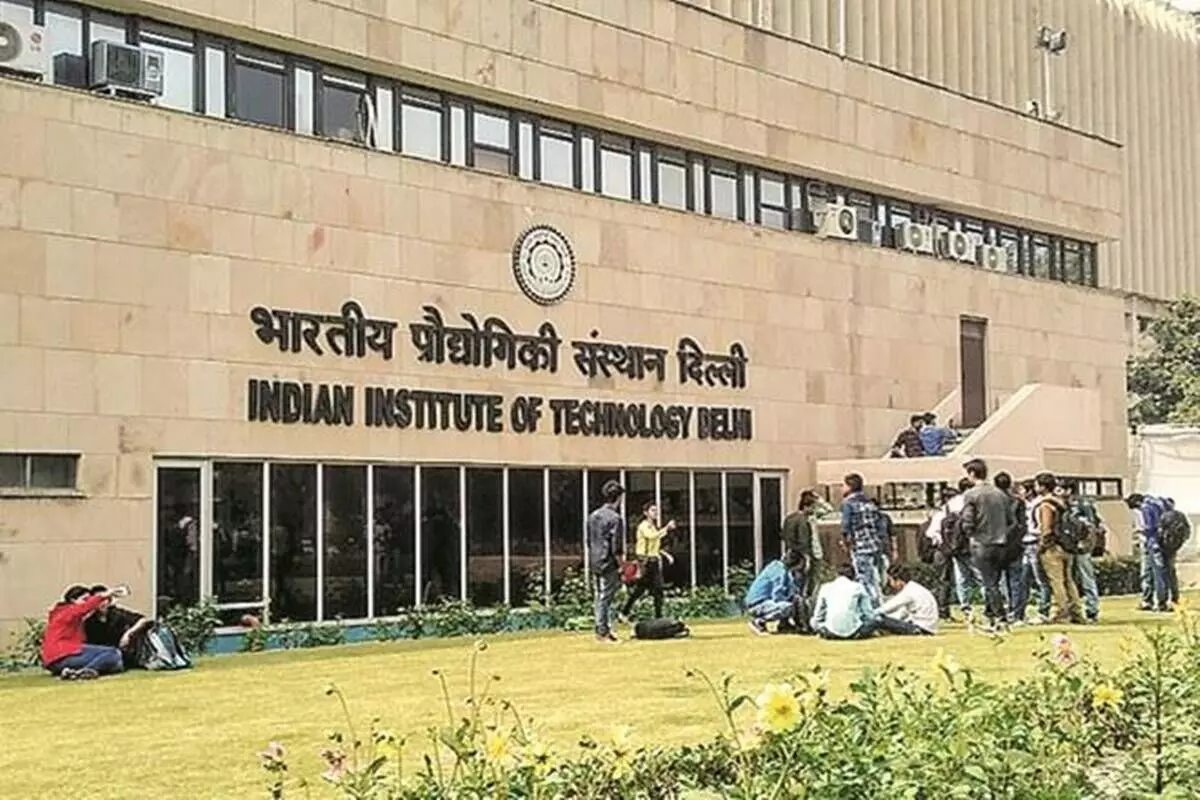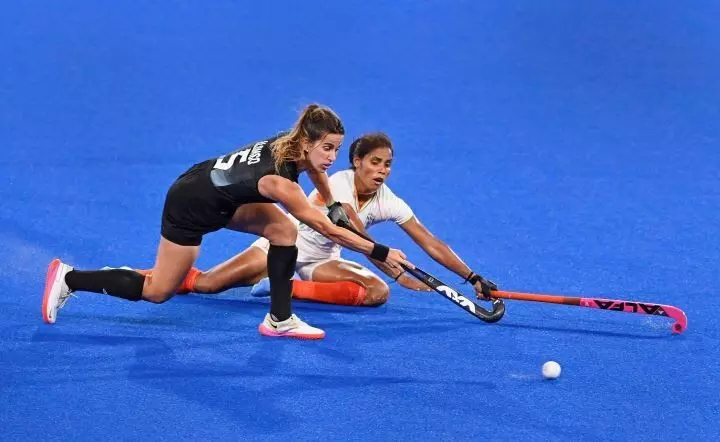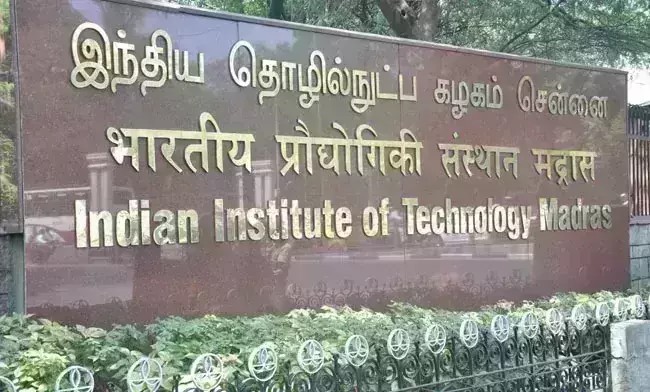
Are IITs bastions of caste?
text_fieldsThough she won no medals like PV Sindhu or Lovlina, Vandana Katariya bid farewell to the grand stage at the Olympics in Tokyo after having created history. The 29-year-old played a huge role in taking the Indian women's hockey team to the semi-finals. The record for the first woman in the history of the Olympics to score a hat-trick also lies on Vandana. And yet, she is being slammed. And there is just one reason for the same; her caste. The Hindutva upper caste community of this country has heaped the burden of the loss of the Indian team against Argentina in the semi-finals on Vandana. Allegedly this 'tragedy' has befallen since the team had more players from the Dalit community. After the game, this crowd celebrated its casteism by bursting crackers and hurling abuses in front of Vandana's house. It seems that it is the destiny of the community to continue to be victims of casteism and communalism, even as they bring pride to the country.
A more comprehensive account of this 'caste rule' was revealed in the Rajya Sabha recently, thanks to the intervention of the Rajya Sabha member from Kerala, V Sivadasan. To a question posed by Sivadasan in the Rajya Sabha, Education Minister Dharmendra Pradhan revealed that 63 per cent of those who dropped out from the seven prominentIITs across the country in the last five years, are from reserved communities. The Minister further noted that of this, 70 per cent are from Scheduled caste/tribe categories. These dropout figures underline the fact that IITs, allegedly the most premier institutes in the country, are hubs of casteism. There are multiple shreds of evidence in front of us of upper-caste dominance in IIT academia and administration. There are several who have been pushed to drop out or even commit suicide, unable to continue studies amidst this savarna lobby. No one must have forgotten Fathima Latheef, a first-year student of MA Humanities and Development Studies at IIT Madras and resident of Kollam who died by suicide in her hostel room. She revealed that in the days prior to her death that she could not continue her studies at the face of the discriminatory approach of her own professor. Her note to her dad that her name itself was a problem is enough for any to understand the savarna dominance in academic spaces. Madras IIT, sometimes nicknamed Iyer-Iyengar Technology, has witnessed 35 suicides in the last seven years. The situation is not different in other universities. The reality is that these silent 'dropouts' do not receive enough attention amidst these suicides.
In the last five years, roughly 4000 students have dropped out from 23 IITs across the country. In 2017-18 alone, 2461 students dropped out. Of this, 782 are from IIT Delhi. And here, reserved students are over 70 per cent of this. Every year, 9000 students get admission in IITs. That is, 40 per cent of those from reserved communities who join undergraduate courses in IITs leave their studies mid-way. What is the reason for this strange pattern? The Union minister has reasoned that this is because students get admitted to advanced courses. He further adds that these dropouts are for personal or health concerns. However, he hasn't elaborated on these 'personal' reasons. And yet everyone is aware of the same. It is not easy for students from the lower strata of society to survive through the bastions of high caste that these IITs are. They face constant casteist abuse. The documentary 'Death of Merit', produced in the aftermath of the suicide of Manish Kumar, a Dalit student pursuing computer science from IIT Roorkee in 2011, reveals the depth and spread of caste-based violence on campuses.
These campuses have evolved into hubs of casteism and Islamophobia. The state has always tried to hide this reality, and now under the Modi government, whose fundamental ideology is their Hindutva ideology, this discrimination has only become more stark and evident. These numbers only show one end of the caste wall that exists in higher education. Even reaching these institutes is a difficult task for the marginalised sections of society. Many have been denied admissions because of the anti-reservation policies. If someone manages to overcome these barricades and to make it to these institutions, what awaits them would be the fate of Rohith'and Fatima. Or they are forced to drop out and call it quits. This is nothing but another face of Hindutva's casteist strategy.









